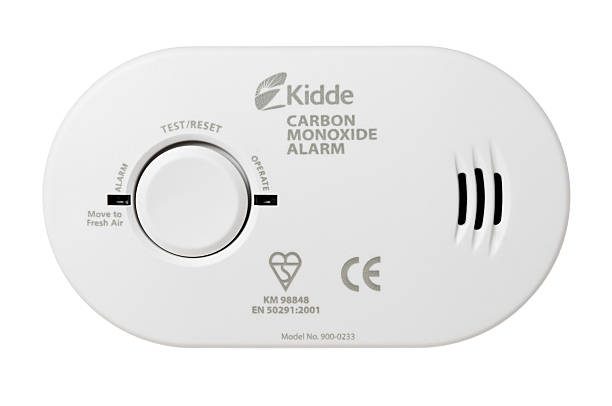These FAQs aim to provide essential information on the importance of smoke alarms and how to maintain them for optimal safety in the home. For more detailed guidance, refer to the user manual provided with your smoke alarms or consult with a member of the Co-operative Fire Protection team.
What percentage of home fire deaths occur in homes with no working smoke alarms?
The NFPA reports that 60% of home fire deaths occur in homes without working smoke alarms. This underscores the critical importance of having properly functioning smoke alarms installed.
Why do smoke alarms sometimes go off randomly even when there is no smoke?
Smoke alarms can activate due to factors other than smoke, such as high humidity, steam from showers, or cooking fumes. It’s important to understand these situations to avoid unnecessary alarm activations.
When do most home fire fatalities occur?
Most home fire fatalities happen when people are asleep, typically between the hours of 11 PM and 7 AM. Smoke alarms are crucial during these times as they can wake occupants and provide the precious moments needed to escape safely.
How can smoke alarms provide maximum safety in a home?
Smoke alarms provide enhanced safety when they are interconnected throughout the entire home and installed on all floors. This ensures that when one alarm detects smoke, all alarms sound, alerting everyone in the household simultaneously.
Where should smoke alarms be placed in relation to the stove or oven?
Smoke alarms should be installed at least ten feet away from stoves or ovens to minimize false alarms caused by cooking activities.
How often should smoke alarms be tested?
Smoke alarms should be tested at least once a month by pressing the test button. This ensures they are functioning correctly and are ready to alert occupants in case of a fire.
When should smoke alarm batteries be replaced?
Smoke alarm batteries should be replaced at least once a year. A useful reminder is to change batteries when adjusting the clocks for daylight saving time, ensuring that alarms remain operational at all times.
How often should smoke alarms be replaced?
Smoke alarms should be replaced every ten years, even if they appear to be working fine. Over time, the sensors and components within the alarms can degrade, reducing their effectiveness in detecting smoke and fire.
How do People die when they have a smoke alarm in their home?
Smoke alarms are important life safety devices and as such must be maintained in operating condition at all times. Smoke alarms generally become inoperative when the power source (either battery or AC power supply) is disconnected. Disconnected power supply, missing batteries, dead batteries or improperly installed batteries are the most common reasons for smoke alarm failure during a Fire emergency.
Why does my smoke alarm beep occasionally?
Battery operated smoke alarms normally provide an intermittent warning signal (a chirping sound) when the battery is nearing the end of its life or if the smoke alarm is faulty. When this occurs, the correct battery type should be installed immediately to ensure continued operable of the smoke alarm.
How do I dispose of an old Smoke Alarm?
When disposing of Smoke Alarms at the end of their usefulness (or after 10 years, whichever comes first), they can be placed in your normal trash.







